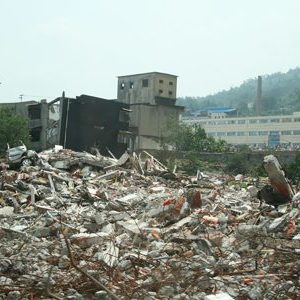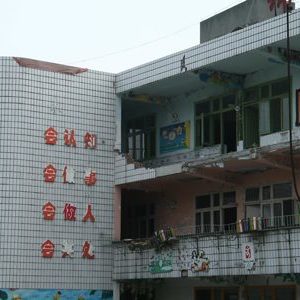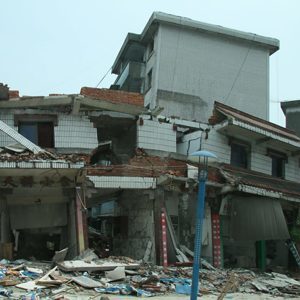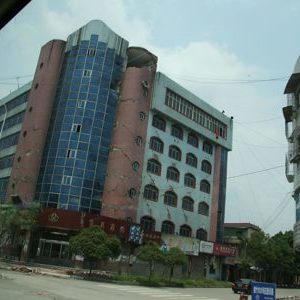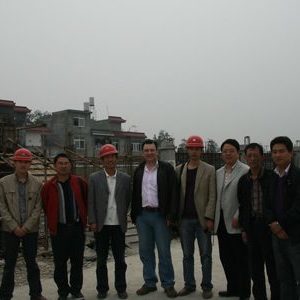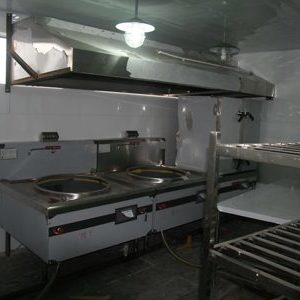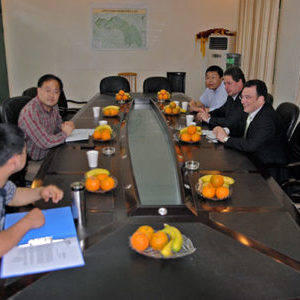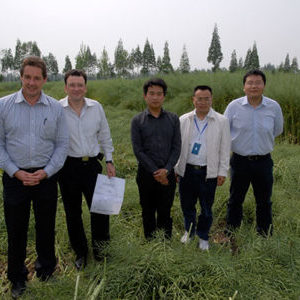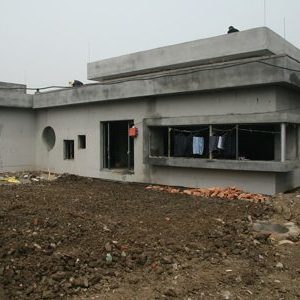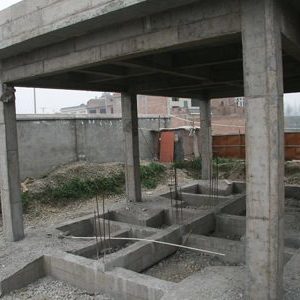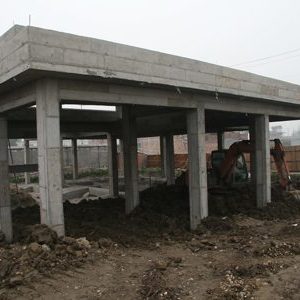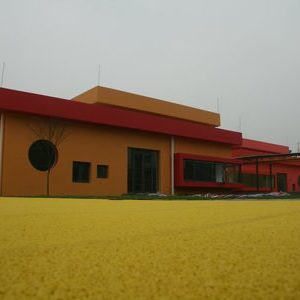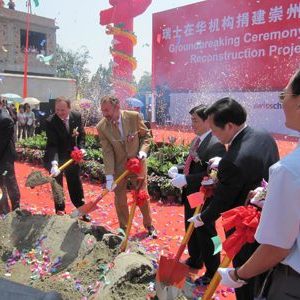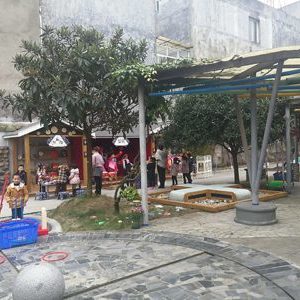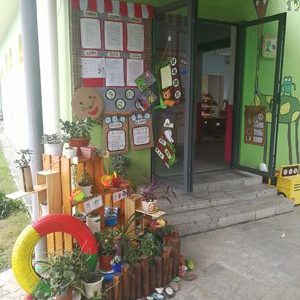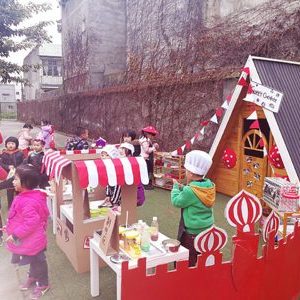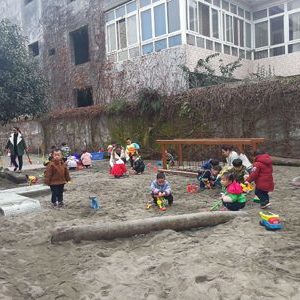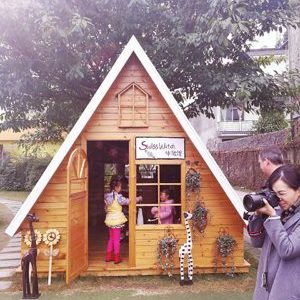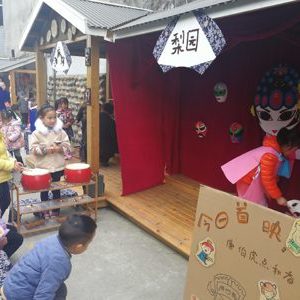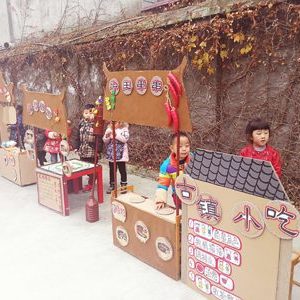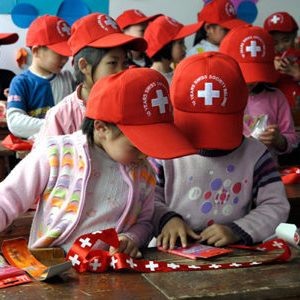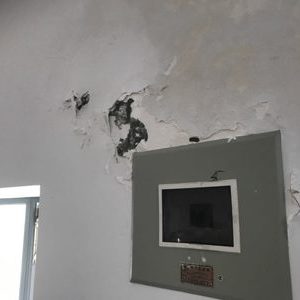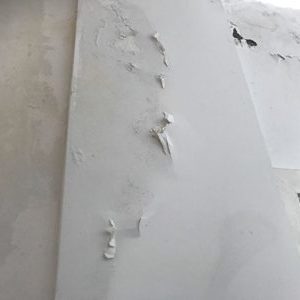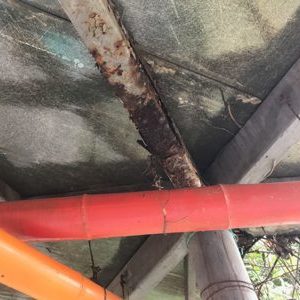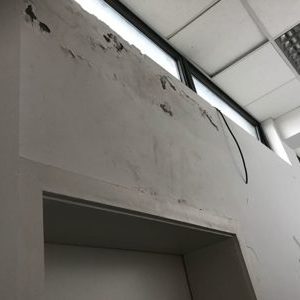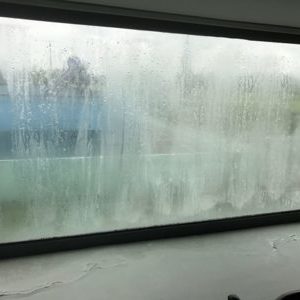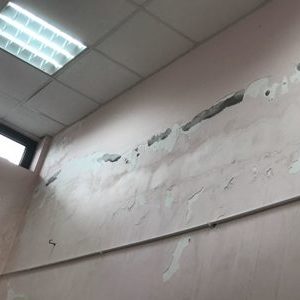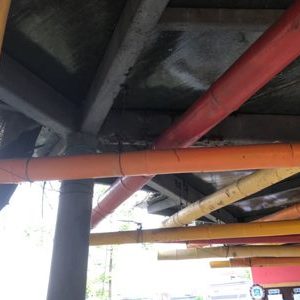10 Years Later – A Success Story Created by the Swiss Community in China
On May 12, 2008, a terrible tremor shook the Sichuan province and caused tremendous destruction and loss of lives. Many young children died as the earthquake took place during school hours. Since many of the school buildings collapsed, a great number of students were trapped. In some cases it took days for rescue workers to reach the remote mountain towns affected, rescue workers were fighting for the lives of the victims for more than a week. The tragedy of the deaths of schoolchildren was amplified for many parents by the fact that it was their only child.
To alleviate the devastating consequences of that
massive tragedy, the Swiss Community in China decided to act, coordinate their
efforts, and seek ways to support and help. Now, 10 years after the disastrous
earthquake, we are preparing for a memorial. We also want to look
back at 8 years of successful operation of the kindergarten established and the
societal impact of this Swiss Community project. And we need your generous help
to continue the project. Please read on why that is so.
Under the guidance of the Swiss Ambassador in China, the various stakeholders decided to support a project to build a kindergarten according to Swiss standards. It was clear from the beginning that the scope of the project was not to be limited to the construction of a physical building. The knowledge transfer of how to build, manage, teach and support communities was part of the project. The decision was taken to implement a turnkey project, built under Swiss governance rules and standards while at the same time complying with Chinese regulations, to be handed over to the local government for use as a public kindergarten.
An effective project team of people from Shanghai and Beijing started to work under the leadership of the co-chairmen, Mr. Stephan Titze and Mr. Felix Sutter. Both their employers at the time, Syngenta and PwC, were fully supportive of the project and provided pro bono services beyond anyone’s expectations. Mr. Daniel Heusser in his capacity as an architect, with his Shanghai-based company Virtuarch, was instrumental to the successful outcome of the project.
After discussions with various local governments and understanding the amount of funds available from the donors, the project team decided to build a kindergarten in the small town of LongXing. Why a kindergarten? There simply were no other donors willing to build kindergartens, because donations for schools were seen as better for corporate marketing. But in the county were LongXing is located more than 40 kindergartens had been destroyed…
The kindergarten was designed and built for a capacity of 360 children in 8 classroom buildings, with one central building hosting the school theatre, library, teachers’ and administrative offices. The structures were designed to withstand a 8.5+ magnitude earthquake. Despite several further earthquakes during the eight years of operations, the only damage was a surface crack. The construction costs were approximately 8 million RMB, equivalent to approximately 1.1 million Swiss francs today.
During our first visits to LongXing, we noted that the people living there were either children or retirees. Barely any adults of working age were in town, the children were brought up by their grandparents and saw their parents only during the Chinese New Year holidays. LongXing was one of the poorest counties in all of Sichuan, and the local industry was very low-tech. The Chinese success story has not yet reached that part of China.
Therefore, the Swiss Community’s interest in that forgotten part of China was noted with great appreciation and curiosity. The Swiss Ambassador to China at the time, Mr. Blaise Godet, visited the county no less than 3 times within 20 months. The Chinese Government took notice.
Soon after the ground breaking for the kindergarten, the local authorities decided to construct a court house and an old folks home on the opposite side of the newly built road. A promising start. By the time the construction was completed, some roads had already been paved and others were under construction. The audience attending the opening ceremony drew some parents, however, the majority still were grandparents.
During the annual visits since the opening of the kindergarten we could observe many positive developments in the adjacent area. Soon after the road construction had been completed, an environmentally friendly economic zone was set up. Some parts of your fancy mobile phones may now be produced in LongXing. New factory buildings have sprung up, and with that new residential areas and, of course, many good restaurants. The goods manufactured in LongXing have been upgraded in quality and diversity. The most striking change was that many parents are now bringing their children to the kindergarten since they stay at home with their children all year. The Swiss Community project contributed to the economic development in a remote part of China. For that we can all be proud.
Chinese-Swiss cultural exchanges
Challenges ahead
Donations and their use
Therefore, there is no alternative to asking the Swiss Community to provide funds for the kindergarten maintenance. The pictures provide you with enough impressions of what is needed. Your generous contributions are needed, highly welcome and appreciated. What amount of donations do we target?
Funds are needed for urgent repairs such as to replace windows, fix leaking roofs in four of the classrooms, repair the rain/sun protection roofs over the walk ways, replace toys, create more permanent fixtures and upgrade the technical infrastructure in the offices. For an initial amount of approximately 100,000 Swiss francs, these most urgent shortcomings can be repaired. But to avoid a similar situation in the future, the plan is to employ and train a caretaker to maintain the kindergarten’s infrastructure. So an additional approximately 200,000 Swiss francs are required to cover sustainable maintenance over the coming years. We also aim to have an annual newsletter from the kindergarten, which allows you to have a more sustainable approach to donations.
How will the donations be managed? The Sino Swiss Technology Park in Chongqing made the generous offer to help in this respect. The park has the in-house capabilities to assess what repairs are required and what fair local costs are. The park’s parent company also has operations in Chengdu, which will allow employees to be on site when needed. They will issue an annual report on the use of funds to the SwissCham and the SCCC, which will be published on their websites.
For enquires about donations please contact us at donate@sccc.ch
| Donations are accepted at the following bank account: Wirtschaftskammer Schweiz – China Credit Suisse, CH-8070 Zürich Spendekonto: 0835-288416-91-1 Clearing number: 4866 IBAN: CH69 0486 6028 8416 9100 1 BIC: CRESCHZHXXX |
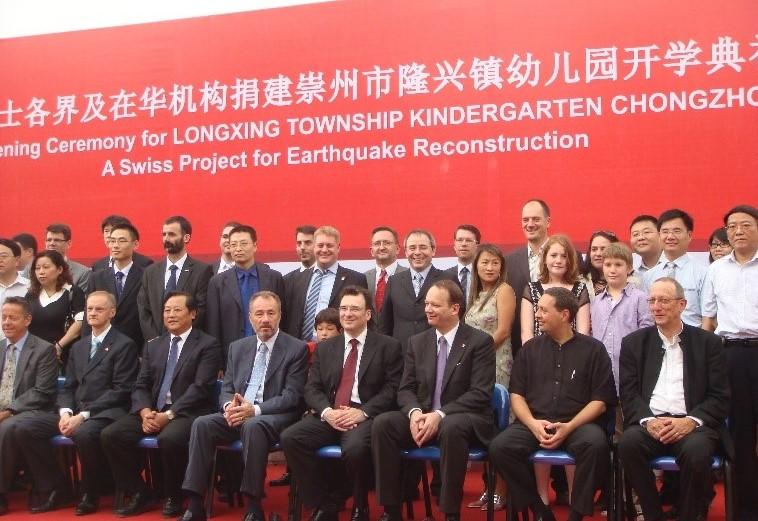
The Swiss Community as described in this article include:
- Swiss corporations, based or active in mainland China
- Swiss government, represented by the Swiss Embassy in Beijing
- SwissCham China, with their Beijing, Shanghai and Guangzhou branches
- Swiss Society China, with their branches in Shanghai and Beijing
- Swiss Chinese Chamber of Commerce
- Gesellschaft Schweiz –China
- SINOPTIC
- Swiss charity organisations, represented by SwissLotto and HEKS
- and many Swiss individuals



